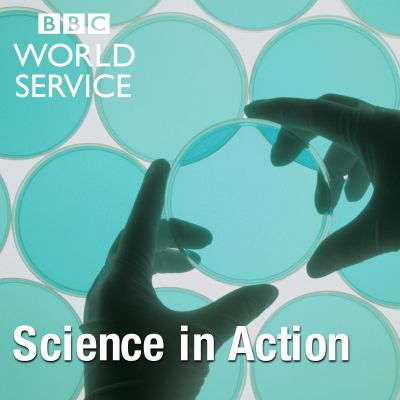Mexican Earthquake
This week Mexico suffered its second major Earthquake in less than 14 days. The latest earthquake registered 7.1 magnitude and has caused widespread damage in the capital Mexico City, resulting in hundreds of causalities as buildings collapsed around the city. We speak to seismologist Dr Stephen Hicks from the University of Southampton about the geological reasons Mexico is susceptible to earthquakes; why have we seen two large earthquakes in such a short period of time; why the most recent earthquake was more destructive than the last, and did the first earthquake trigger the second. In the first few days after conception, the fertilised egg subdivides first into two cells, then four and so on. It eventually becomes a hollowed out ball made up of about 200 cells called a blastocyst. The gene for a protein called OCT4 appears to be critical in deciding how that embryonic foundation gets established. Good news has reached our shores that the global number of sea turtles is on the rise after decades of conservation efforts. Our Earth is constantly bombarded by high-energy cosmic rays. A paper reveals that they came from outside our solar system. Scientists have shown that humans and jellyfish are pretty similar. We both start and end the day with sleep. Did our ancestors have performance spaces in caves? Bruno Fazenda gives us an introduction to the fairly new field of archaeoacoustics, and what it can tell us about where prehistoric people chose to draw or make their artwork. Presenter: Roland Pease Producer: Jack Meegan Picture: Rescuers, fire-fighters, policemen, soldiers and volunteers stand near a flattened building in Mexico City, Credit: Yuri Cortez/AFP/Getty Images
